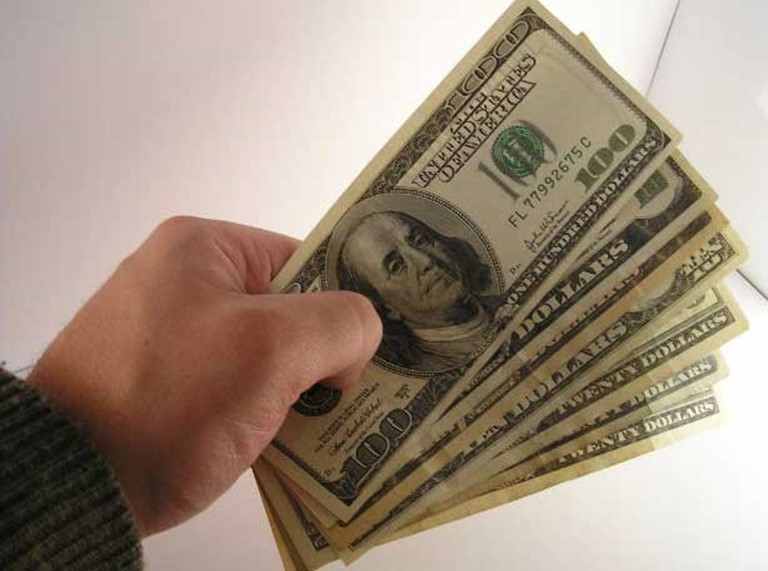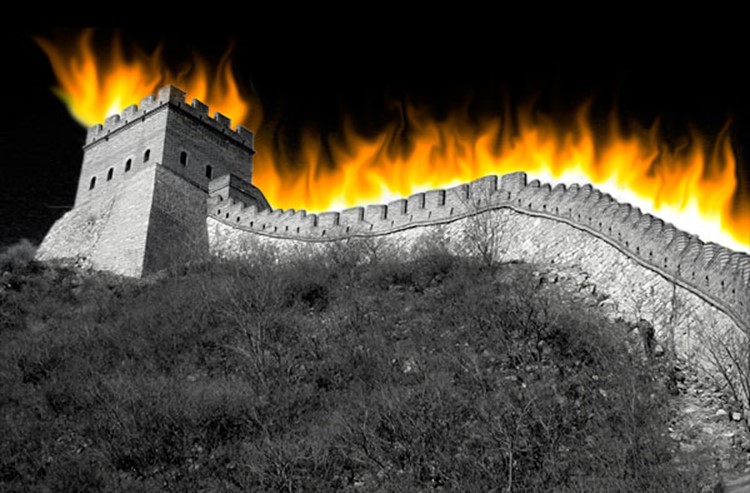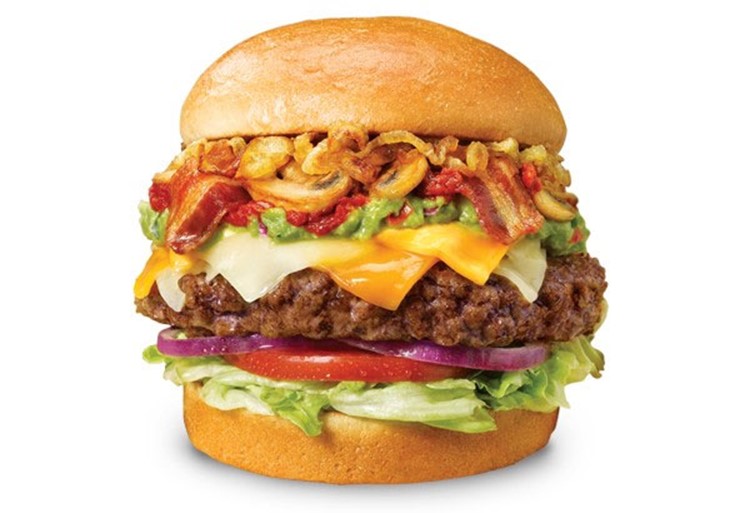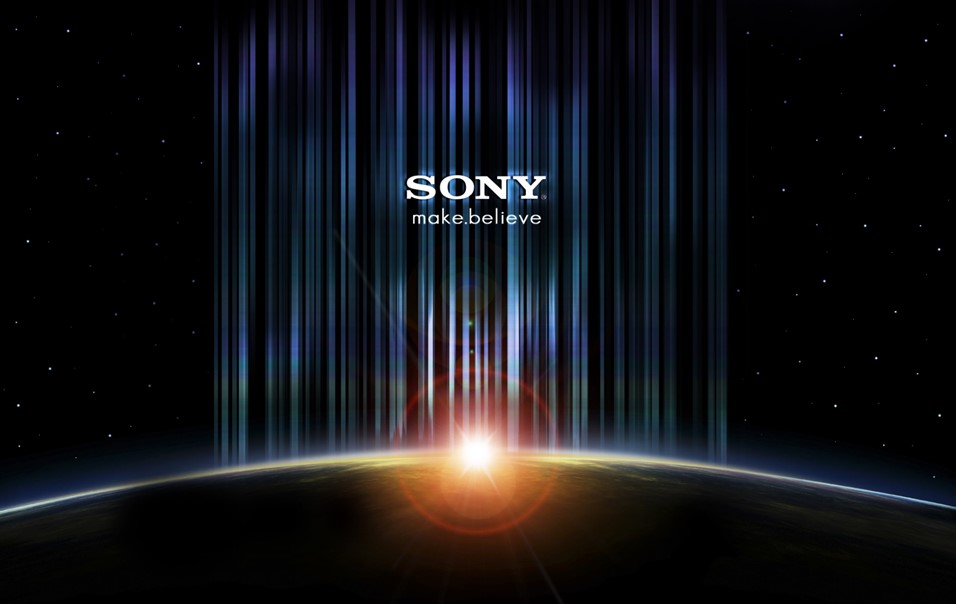The Demand For $100 Bills
November 22, 2012 in Daily Bulletin

Matt Phillips described a strange quirk of American currency – close to four out of every five bills – 77% – are $100 bills. Seeing as most people don’t stuff their wallets with $100 bills, what’s going on?
- The demand for $100 bills has been rising since the 70s. This is, in part, a result of inflation. Things didn’t really cost $100 before then.
- Most $100 bills appear to be kept outside the United States – the majority of the demand for the bills comes from a New York office which sends the bills abroad in pallets with $64 million worth of bills.
- The amount of American currency outside of the United States is estimated to be anywhere between 25% and 70% of all bills.
- Those outside the US aren’t using the bills to buy groceries. Instead they’re stores of value that are insurance against unstable domestic currencies.
- American currency is also the preferred means of exchange for illicit transactions related to the drugs, arms, and human trafficking markets.
Read more about why credit cards might threaten the supremacy of the $100 bill, and why this would be bad for America’s deficit over here.
Source: The Atlantic









Join the Discussion! (No Signup Required)